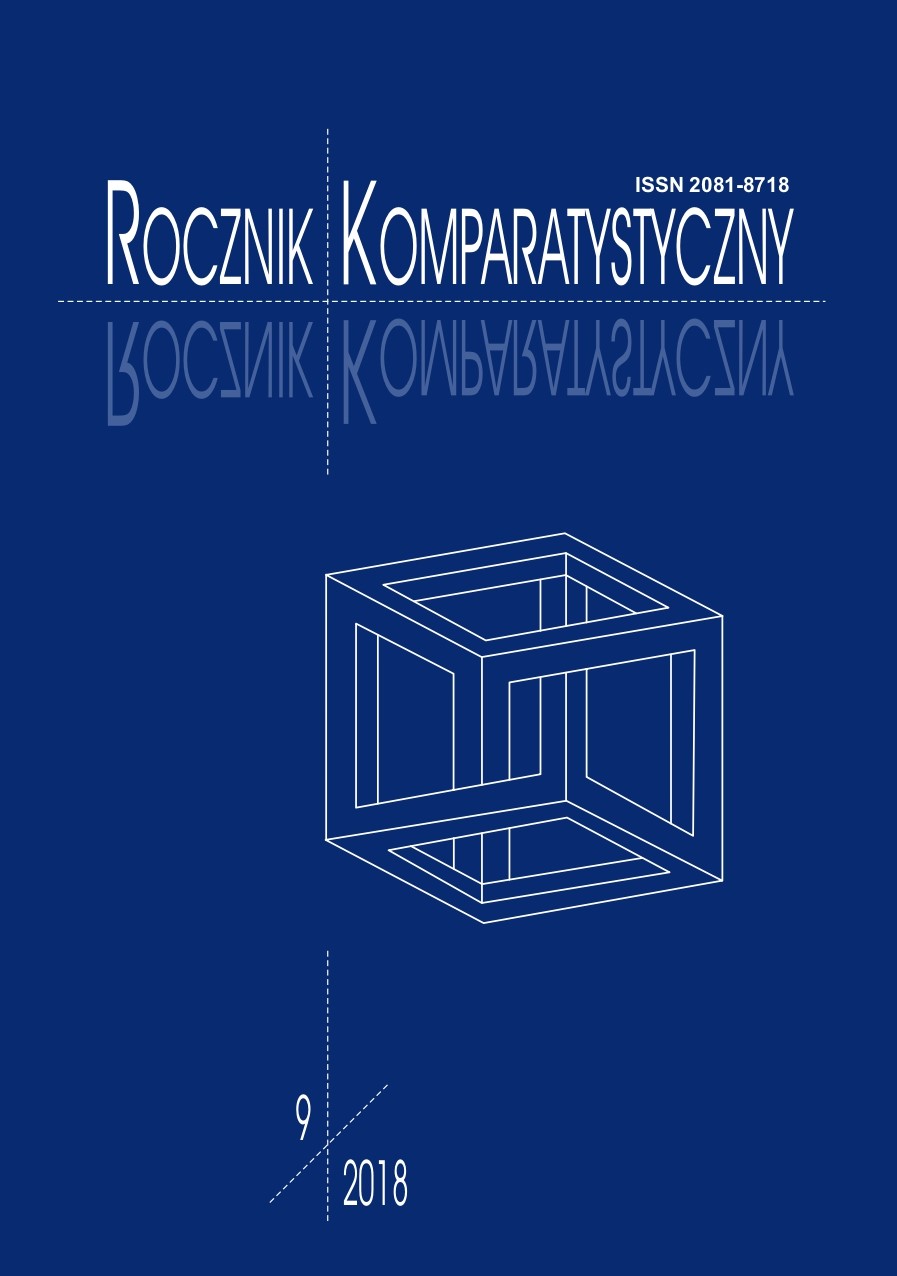O dwóch paradygmatach sentymentalizmu w twórczości eseistycznej Adama Zagajewskiego: (Solidarność i samotność, Dwa miasta)
About Two Paradigms of Sentimentalism in the Essays of Adam Zagajewski (Solidarność i samotność, Dwa miasta)
Author(s): Krzysztof CzajkowskiSubject(s): Language and Literature Studies, Studies of Literature, Comparative Study of Literature
Published by: Wydawnictwo Naukowe Uniwersytetu Szczecińskiego
Keywords: sentimentality; “loneliness and community”; Jean-Jacques Rousseau; topos of the arcade; Lvov; “the childhood land”
Summary/Abstract: Works of Adam Zagajewski (1945) are assessed by critics as “Apollonian, light, classicizing poetry”. To some extent Zagajewski owes this position in modern literature (not only in Polish literature but also in international literature) to the decision to live abroad after the Martial Law was introduced in Poland. Ever since we have been observing quite a distinct separation from the poetics of social involvement, from which Zagajewski originated as one of the leading representatives of the “New Wave” (Nowa Fala) generation. The poetry volume Jechać do Lwowa, which was published in 1985, serves as the best example of the shift. In 1986 the volume of essays Solidarność i samotność followed. It is believed to be the most important manifesto of Zagajewski’s aesthetic and ideological attitudes. The volume should be interpreted in the context of Bronisław Baczko’s Rousseau: samotność i wspólnota, the book which was fundamental for the “New Wave”. Its philosophical perspective stemming from Rousseau represents the perception of the first model of sentimentalism in the works of Zagajewski. The second perspective, marked by an idyllic return to “the childhood land” and by a highly conventional borderline myth of Lvov is represent by another volume of essays entitled Dwa miasta.
Journal: Rocznik Komparatystyczny
- Issue Year: 2018
- Issue No: 9
- Page Range: 241-251
- Page Count: 11
- Language: Polish

